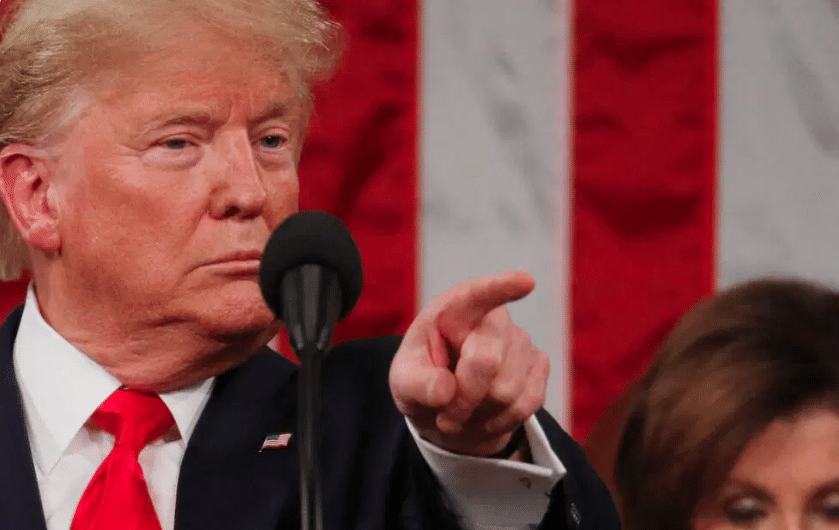BREAKING: Trump’s Executive Order On Pharmaceuticals May Spike Medication Costs In Nigeria

A sweeping move by U.S. President Donald Trump to slash domestic drug prices may have unintended consequences for nations like Nigeria, where access to affordable medications is already a major challenge.
In a late Sunday announcement on his Truth Social account, Trump revealed that he would be signing an executive order on Monday morning to reduce the prices of prescription medications in the United States by 30 to 80 percent.
“They will rise throughout the World in order to equalize and, for the first time in many years, bring FAIRNESS TO AMERICA!” he declared.
The U.S. president argued that Americans have long borne the burden of inflated drug costs, largely due to pharmaceutical companies citing research and development (R\&D) expenses as justification. Trump contends this has placed an undue financial load on American consumers.
Trump said, “I will be instituting a MOST FAVORED NATION’S POLICY whereby the United States will pay the same price as the Nation that pays the lowest price anywhere in the World.
“Our Country will finally be treated fairly, and our citizens Healthcare Costs will be reduced by numbers never even thought of before.
“Additionally, on top of everything else, the United States will save TRILLIONS OF DOLLARS.”
Framing the executive order as part of his “Make America Great Again” vision, Trump underscored the historic nature of the policy shift.
A Global Rebalancing That May Hit Nigeria Hard
While the policy aims to reduce U.S. drug prices, experts warn that pharmaceutical companies may attempt to offset their revenue losses by hiking prices in less regulated markets, including developing countries like Nigeria.
Nigeria’s healthcare system is heavily reliant on imports, with over 70 percent of its pharmaceutical products sourced from abroad. Of the country’s estimated $10 billion healthcare expenditure, medicines alone account for around $4 billion. Domestic drug production only meets roughly a quarter of national demand.
Moreover, out-of-pocket spending makes up more than 60 percent of Nigeria’s healthcare expenditure, largely due to limited health insurance coverage. This makes the average Nigerian particularly vulnerable to global pharmaceutical price shocks.
If drugmakers adjust to U.S. pricing restrictions by scaling back supply or increasing costs elsewhere, Nigerians could find themselves paying more for essential medicines, especially branded or specialty drugs used for chronic illnesses or infectious diseases.
Nigeria also benefits significantly from U.S. health aid programs such as PEPFAR, which support treatment for HIV/AIDS.
Although Trump’s executive order does not directly target aid, his administration has previously reviewed or paused international assistance. Any disruption to procurement systems or aid-funded drug programs could further strain access to affordable medicines in Nigeria.
As the U.S. moves to protect its citizens from high drug costs, it remains to be seen how the rest of the world—particularly countries with fragile healthcare systems—will absorb the fallout. For Nigeria, the coming months may present a new set of challenges in ensuring medicine remains within reach for millions.
